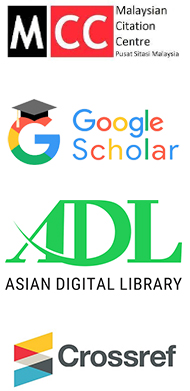Fuel Subsidy Removal and Employees’ Well-being among Academic Staff at the University of Lagos, Nigeria
DOI:
https://doi.org/10.58915/ijbt.v15i1.1185Keywords:
Financial Well-being, Fuel Subsidy, Mental and Emotional Well-being, Standard of LivingAbstract
The removal of fuel subsidies in Nigeria remains one of the most contentious economic policies in the nation's recent history, with profound implications across all sectors. This study examines the impact of fuel subsidy removal on the well-being of academic staff at the University of Lagos. Specifically, the research investigates how this policy affects their mental and emotional, and financial well-being towards its overall impact on their standard of living. A descriptive research design and a quantitative approach were adopted for the study. Primary data was collected using a self-designed questionnaire distributed through Google Forms. The sample size comprised 303 academic staff. Pearson's correlation coefficient and regression analysis, conducted via the Statistical Package for the Social Sciences (SPSS) version 29.0, were employed to address the research objectives. The findings revealed significant regression coefficients (t=44.356, p=0.000; t=44.864, p=0.000 and t=44.864, p=0.000) between fuel subsidy removal and the mental and emotional, financial well-being and standard of living of academic staff. The results indicate that fuel subsidy removal significantly affects the mental and emotional well-being, financial well-being, and standard of living of academic staff of university. Despite the limitations of this study, the empirical findings contribute to understanding the implications of subsidy policies on employees in the education sector. The study underscores the necessity for policymakers to carefully evaluate the broad effects of such policies and develop targeted strategies to mitigate adverse impacts on vulnerable groups, including academic staff, while promoting sustainable economic growth.
Downloads
Published
How to Cite
Issue
Section
License
Copyright (c) 2025 International Journal of Business and Technopreneurship (IJBT)

This work is licensed under a Creative Commons Attribution-NonCommercial-NoDerivatives 4.0 International License.














